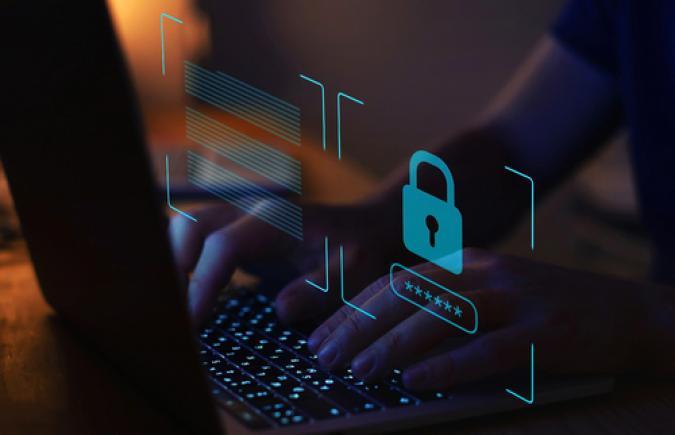Data breaches have become a regular fixture in the headlines, most noticeably when a multinational corporation suffers a breach that affects thousands or even millions of victims. But whether someone’s personal data was compromised in a breach involving the theft of millions of credit card numbers from a massive retailer or in a smaller breach like an employer leaking its employees’ personal information, the harm can be staggering.
In response, some states have begun to take action. New state laws protect personal data by requiring organizations, big and small, to safeguard the data with which they’ve been entrusted. When organizations fail to meet those standards, data breach victims can often sue for damages. For example, the “California Consumer Privacy Act” requires organizations to take “reasonable security measures” to safeguard personal data, or face liability if they do not. Laws in all 50 states provide avenues through which individuals can seek recourse when their data is stolen from an organization that failed to adequately protect it. Laws in all 50 states also require that organizations notify the victims of a data breach when it occurs, so those individuals can take action to protect themselves.
For more information on the options available to you following a data breach, email us at [email protected], or call (202) 833-8855 to set up a free consultation with one of our attorneys, or click the Contact Us form in the menu header above.


